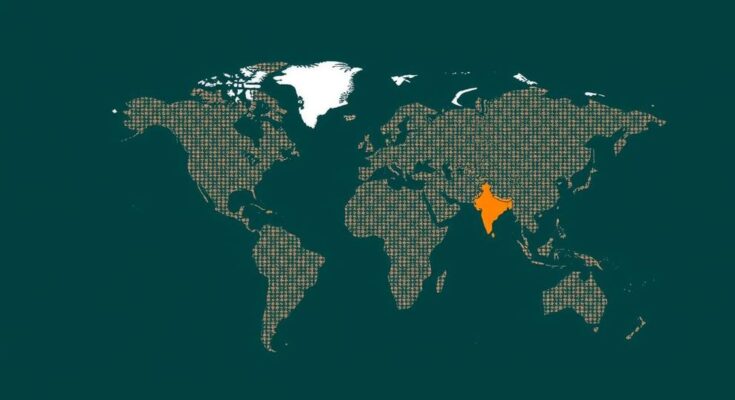At COP29 in Baku, concerns are rising regarding the rollback of gender commitments in climate discussions. Key proposals lost references to women’s experiences due to opposition from nations like Saudi Arabia and Russia, highlighting a broader backlash against gender equity globally. Observers call attention to the serious impacts of climate change on women, emphasizing the urgent need for inclusive climate policies.
As global climate negotiators convene at COP29 in Baku, rising concerns have emerged regarding regression in commitments to gender inclusion within climate discussions. This negation follows years of urging for women’s involvement, particularly considering their heightened vulnerability to climate change impacts. Mary Robinson, Ireland’s first female President and prominent advocate, highlighted that critical gender references were eliminated from negotiation drafts, largely due to the influence of Saudi Arabia and supportive voices from Russia. This trend reflects a broader backlash against gender equity observed globally, particularly in regions with increasing right-wing governance.
The draft documents at COP29 maintained only limited language addressing gender issues, emphasizing the necessity for climate finance to be “human rights-based and gender-responsive.” Discussions are also on the table regarding the continuation of a gender-focused initiative established in 2014 in Lima. Yet, some officials contest that human rights considerations are irrelevant to climate financing. This dismissal compounds risks to women and girls, who account for a staggering 80 percent of those displaced by climate change, exposing them to heightened dangers like human trafficking.
At the event, German Foreign Minister Annalena Baerbock underscored the importance of women’s empowerment in addressing the climate crisis, calling for renewed commitments to gender integration in climate policies. Responses from other delegates, including feminist climate activist Ayshka Najib, revealed disappointment over the perceived stagnation in advancing gender issues at the talks. Canada’s climate negotiator, Catherine Stewart, expressed concern that recent developments signify a regression, denouncing any return to outdated perspectives on gender in policy discussions.
The ongoing climate negotiation sessions, specifically COP29, have drawn attention not only to financial allocations but also to the critical aspect of gender representation and considerations within climate policy. Historically, climate change affects women disproportionately; numerous studies highlight that the majority of those displaced are women and girls. With an increasing focus on women’s roles and rights in climate action, the potential rollback of these commitments signifies a troubling trend in global climate dialogues. In this atmosphere, the participation and acknowledgment of gender equity are paramount for sustainable solutions to the climate emergency.
In conclusion, the discussions at COP29 indicate a troubling regression in the commitment to gender equity within the climate negotiation framework. The removal of essential gender-oriented language from key proposals demonstrates growing resistance to incorporating women’s experiences into climate policies, exacerbated by geopolitical influences and a regressive global dialogue on gender rights. The need for concerted efforts to advocate for gender integration remains critical, as the impacts of climate change continue to disproportionately affect vulnerable populations, particularly women and girls.
Original Source: www.france24.com




